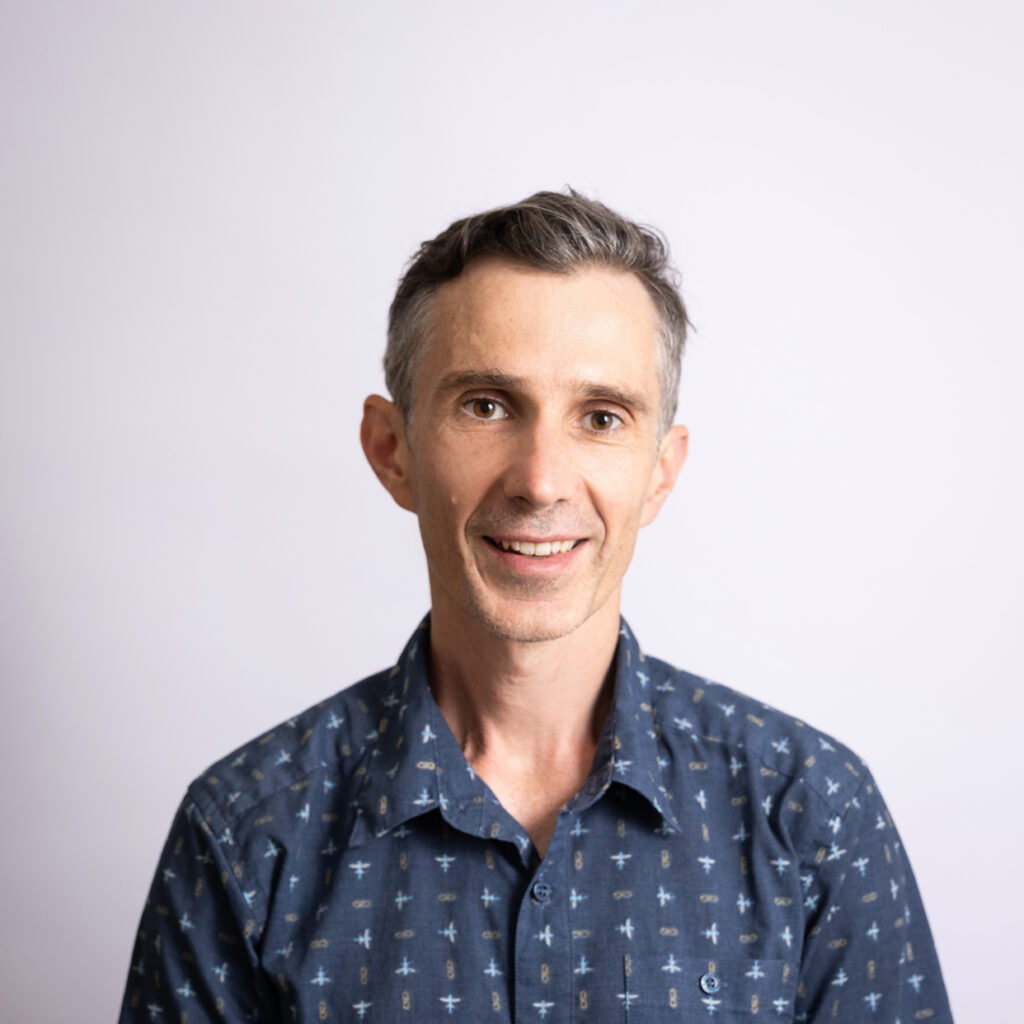There are more than 1 million Australians living with and beyond cancer. The #1 concern that causes these people to focus on surviving rather than thriving, is fear of cancer recurrence, which is estimated to affect about half of cancer survivors, particularly those from minority backgrounds, leading to greater distress, poorer quality of life, and greater healthcare use.
We actually have effective treatments for fear of recurrence, but they’re not routinely implemented, nor are there established ways of identifying those who need help, and determining what kind of help might be most suitable. Our team of experts on fear of recurrence, health equity and implementation science are developing a world-first standardised, evidence-based and multidisciplinary plan for managing fear of recurrence supported by a Cancer Institute NSW Career Development Fellowship to A/Prof Ben Smith.
After getting feedback to ensure the plan is culturally sensitive, we will pilot its implementation in two ethnically diverse health districts. We will test strategies to ensure the plan is adopted by healthcare professionals, implemented as intended, and maintained over time, ensuring it reaches and effectively addresses fear of recurrence in all cancer survivors, irrespective of their cultural background or language spoken.




